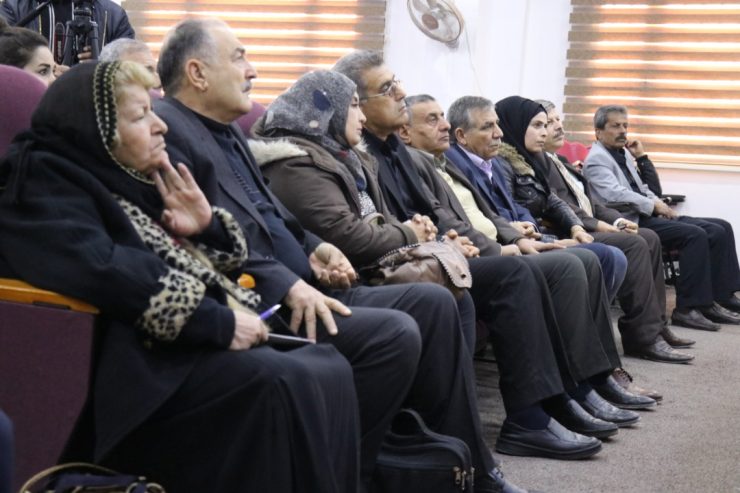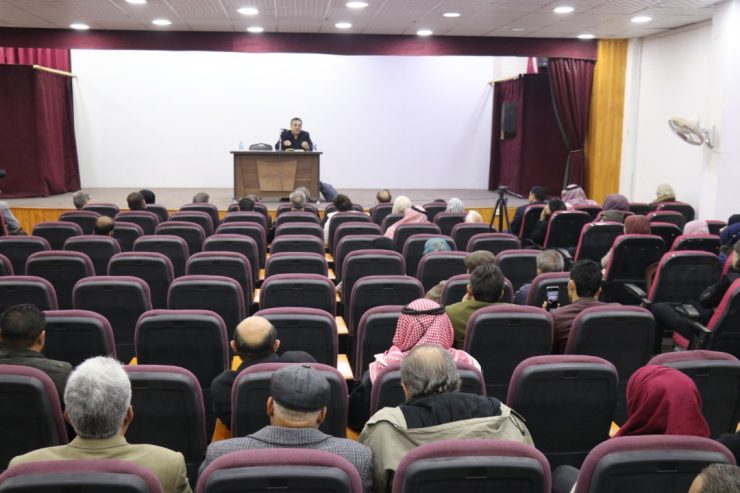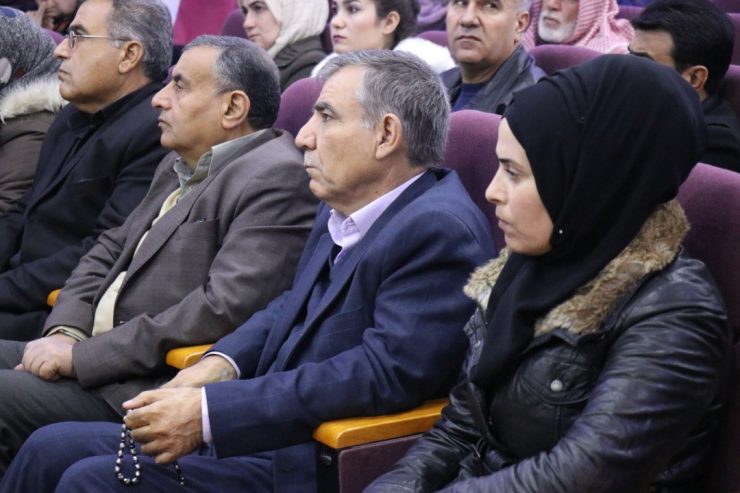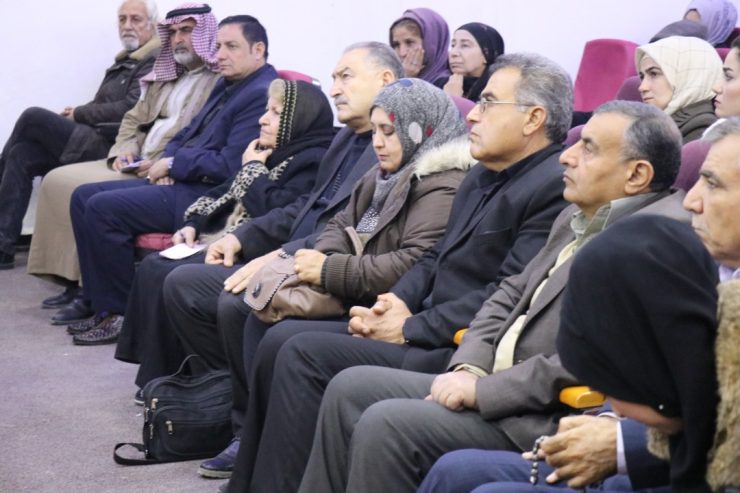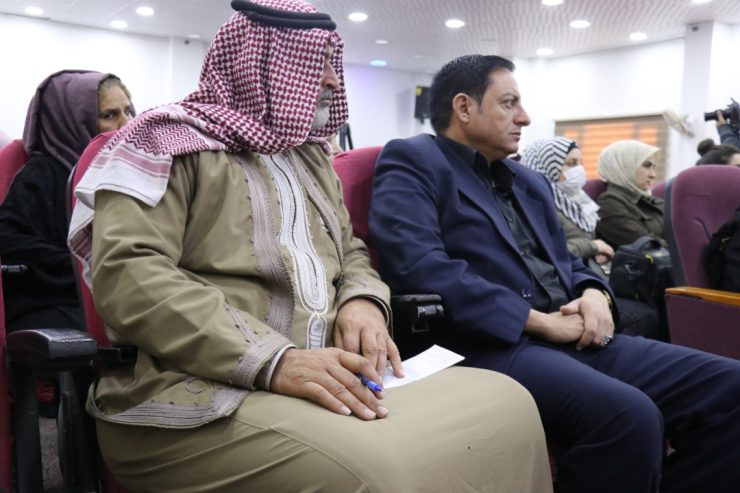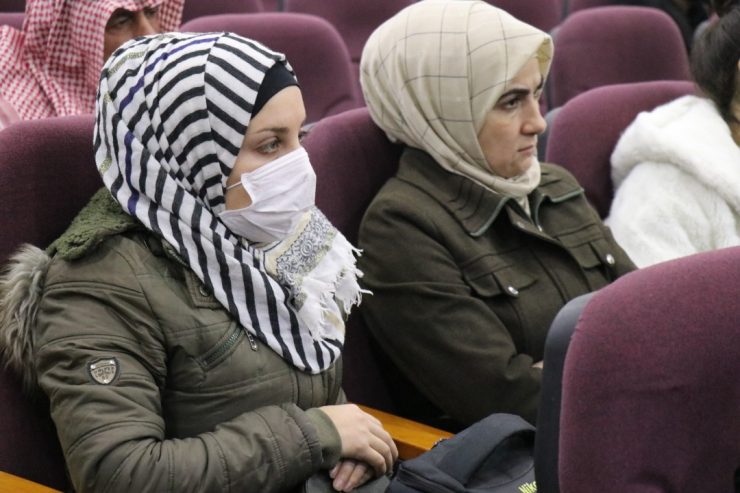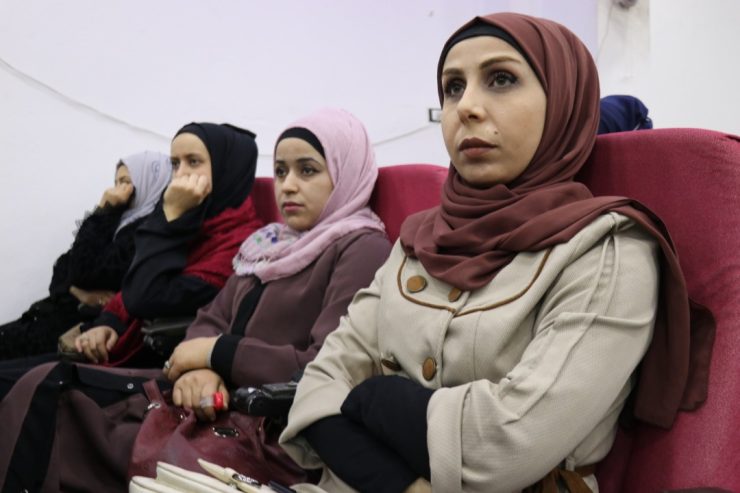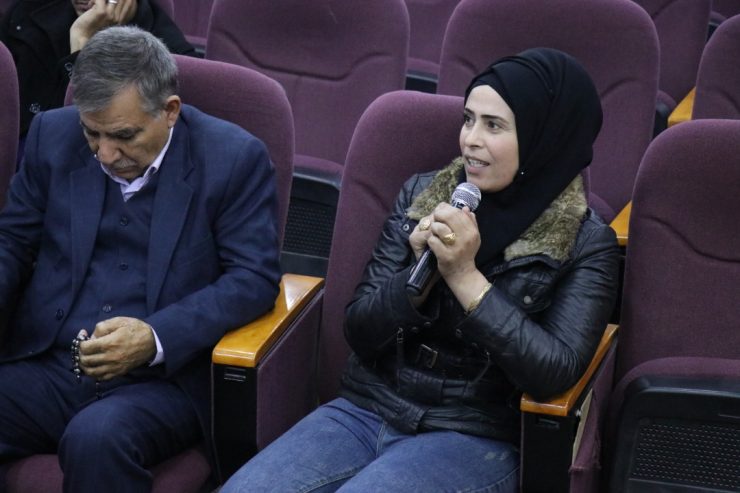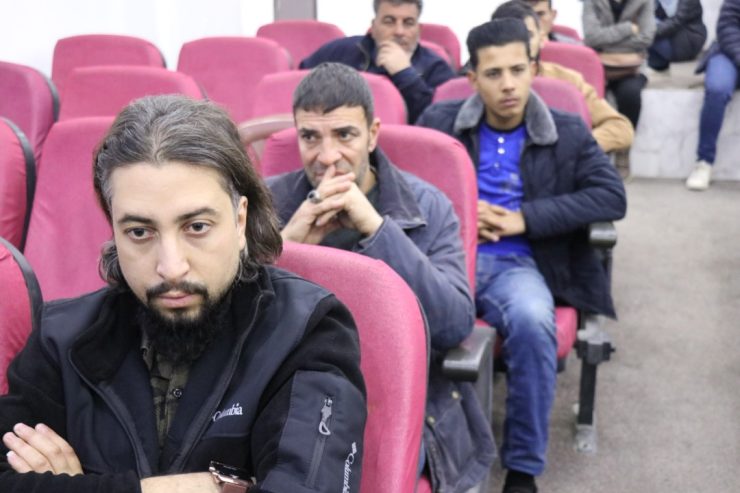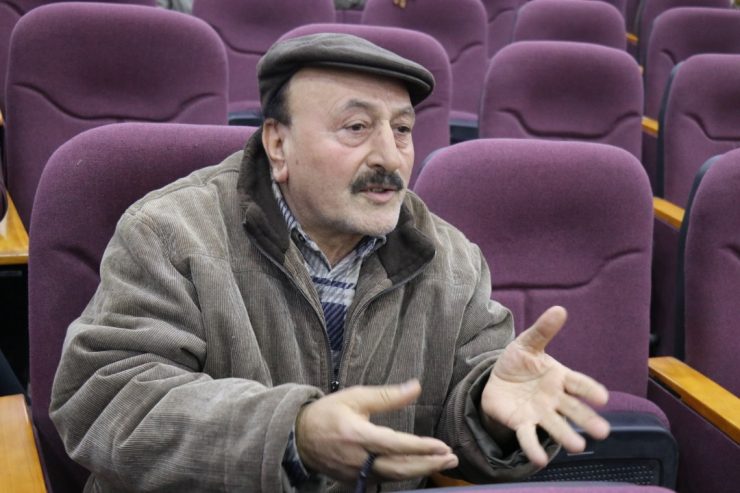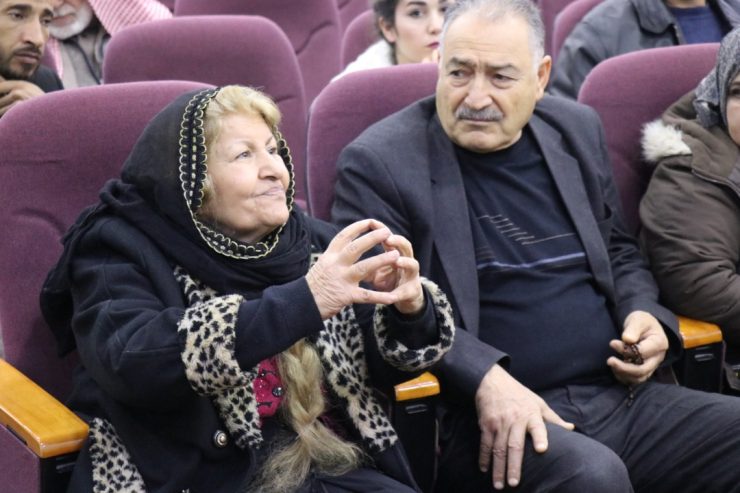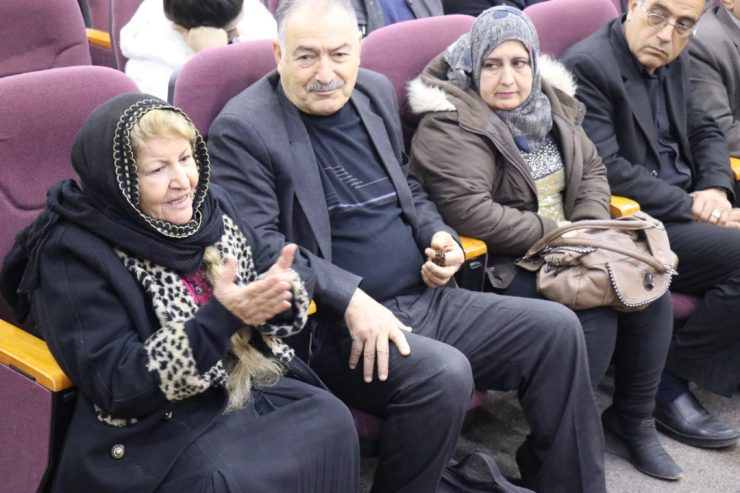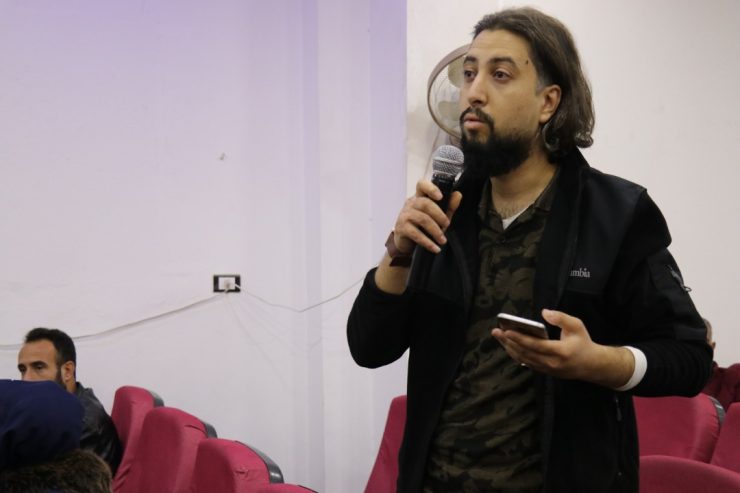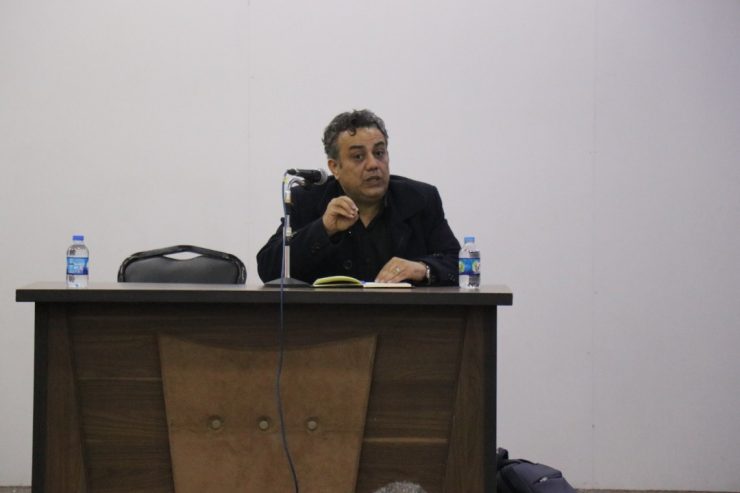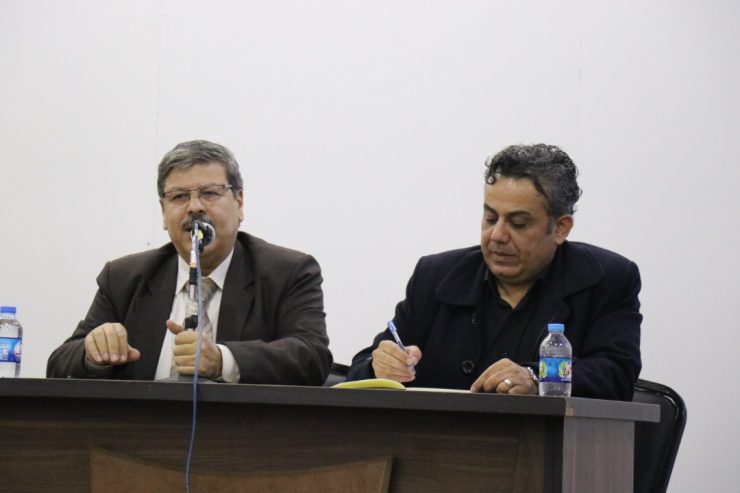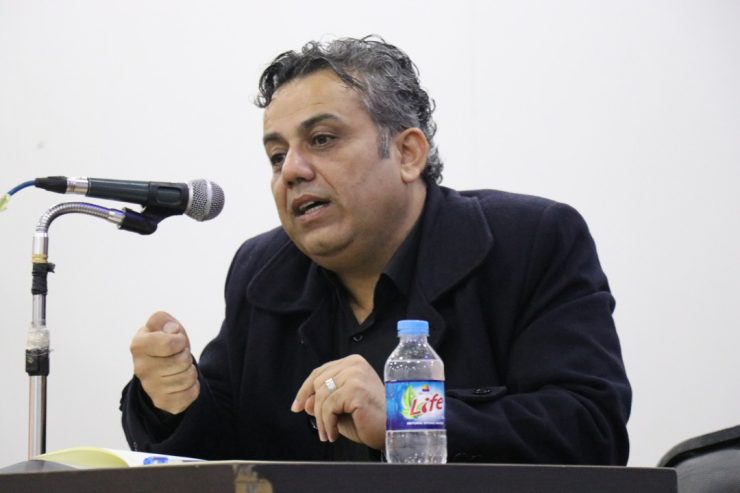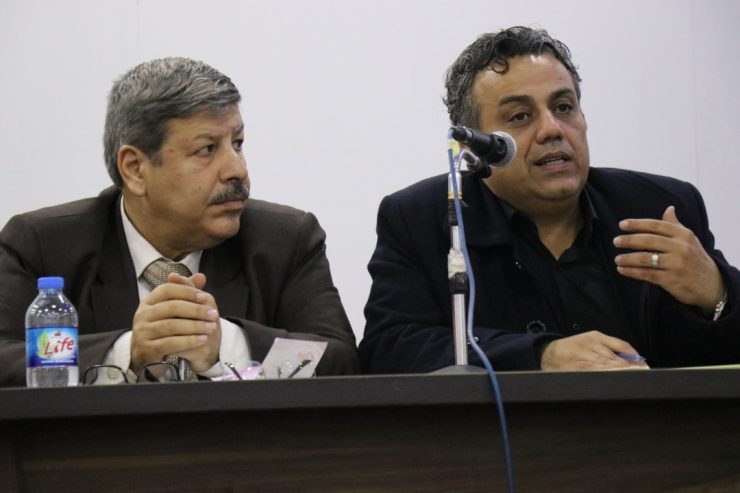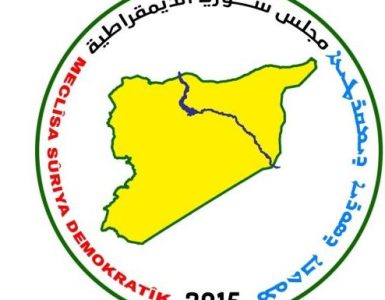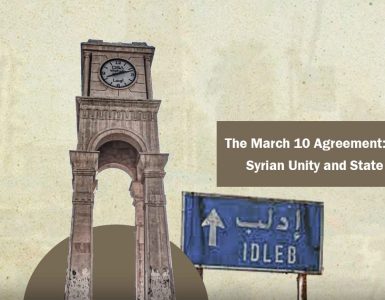Today, Wednesday, Sihanouk Dibo, a member of the Presidential Council of the Syrian Democratic Council, gave a lecture at the Cultural Center in the city of Raqqa in which it was titled “Arabs and Kurds… Harmony or Discord and Developments in the Political Arena” and in the presence of intellectuals, writers and residents of the Raqqa region.
The member of the Presidential Council of SDC began his speech by reviewing the developments of the situation in Syria, “The Syrian crisis is an important reflection of the region’s crises, confirming that it is a structural, cognitive crisis, and then a political crisis.” He spoke.
Dibo pointed out that the centralization situation that exhausted the country had to find an alternative situation that meets the variables of the Syrian situation and achieves the democratic transformation, so “SDC will not be responsible for reviving the authoritarian central authority, nor separation from Syria and nor a waiver of the Autonomous Administration.”
“The essence of the solution in Syria is by Autonomous Administration. On the one hand, it has become a symbol of the fight against terrorism, and on the practical side, it is an implementation of UN Resolution 2254” he continued.
Regarding the lecture’s slogan, Dibo clarified that the Middle East region is a group of coexisting nationalities, not warring nationalities. “The best times that have passed in the region were when the Kurdish man was standing by his Arab brother and all the peoples were living within the coexistence that we enjoy in the regions of northern and eastern Syria, which is a state of complete harmony.” He said.
The member of the Presidential Council touched on the efforts of the SDC for opening the humanitarian crossings and not depriving five million people from aid. He said that “the most dangerous issues are the politicization of humanitarian issues by the active countries and the closure of the crossings.”
He explained that SDC is continuing to dialogue with all parties and meet with America, Russia and Arab and European countries to find a political solution in Syria that achieves the interests of the Syrians, including Kurds, Arabs, Syriacs, Turkmen and Assyrians.
The lecture included many questions and views that praised the unique relationship among the components of the regions of North and East of Syria, where an experience has proven that the civil peace and the community participation prevailing in the region can be as a future model for Syria.


